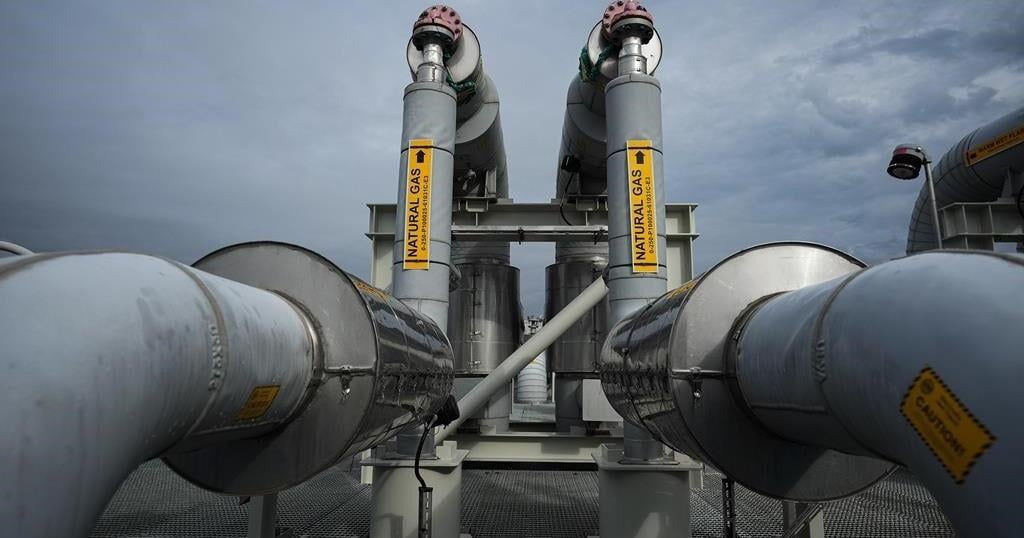CHARLESTON, W.Va. (AP) — A linebacker at Division II West Virginia State was fatally shot during what the university said Thursday is being investigated by police as a home invasion.
The body of Jyilek Zyiare Harrington, 21, of Charlotte, North Carolina, was found inside an apartment Wednesday night in Charleston, police Lt. Tony Hazelett said in a statement.
Hazelett said several gunshots were fired during a disturbance in a hallway and inside the apartment. The statement said Harrington had multiple gunshot wounds and was pronounced dead at the scene. Police said they had no information on a possible suspect.
West Virginia State said counselors were available to students and faculty on campus.
“Our thoughts and prayers are with Jyilek’s family as they mourn the loss of this incredible young man,” West Virginia State President Ericke S. Cage said in a letter to students and faculty.
Harrington, a senior, had eight total tackles, including a sack, in a 27-24 win at Barton College last week.
“Jyilek truly embodied what it means to be a student-athlete and was a leader not only on campus but in the community,” West Virginia State Vice President of Intercollegiate Athletics Nate Burton said. “Jyilek was a young man that, during Christmas, would create a GoFundMe to help less fortunate families.”
Burton said donations to a fund established by the athletic department in Harrington’s memory will be distributed to an organization in Charlotte to continue his charity work.
West Virginia State’s home opener against Carson-Newman, originally scheduled for Thursday night, has been rescheduled to Friday, and a private vigil involving both teams was set for Thursday night. Harrington previously attended Carson-Newman, where he made seven tackles in six games last season. He began his college career at Division II Erskine College.
“Carson-Newman joins West Virginia State in mourning the untimely passing of former student-athlete Jyilek Harrington,” Carson-Newman Vice President of Athletics Matt Pope said in a statement. “The Harrington family and the Yellow Jackets’ campus community is in our prayers. News like this is sad to hear anytime, but today it feels worse with two teams who knew him coming together to play.”
___
AP college football: and




























